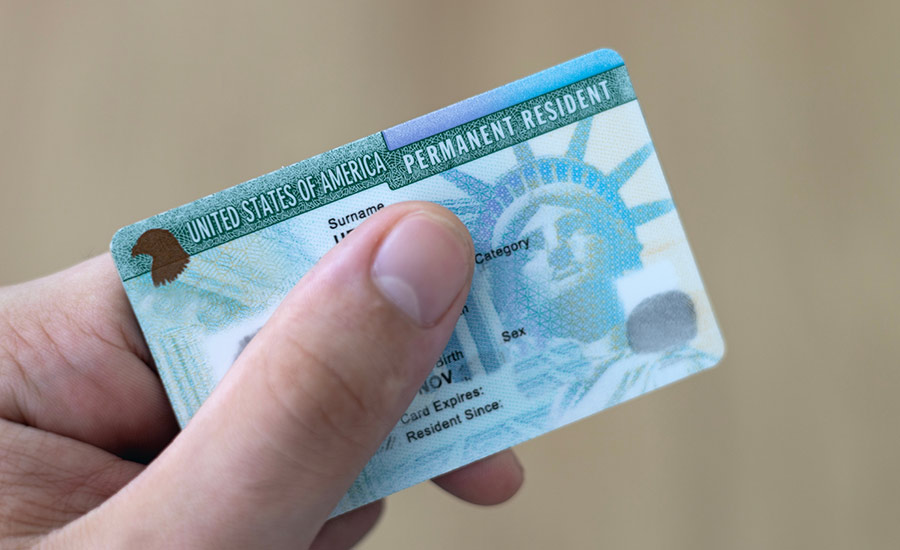

Pentagon Responds to Immigration Court Crisis
In a decisive response to the nation’s overwhelmed immigration court system, the Department of Defense has approved the deployment of up to 600 military lawyers to serve as temporary immigration judges. This extraordinary measure, authorized by Defense Secretary Pete Hegseth in an August 27 memo and confirmed by the Associated Press on September 2, is aimed at alleviating the record-setting backlog of over 3.5 million immigration cases (AP News).
The directive requires the military to identify and provide attorneys in batches of 150, with the first group expected to be announced shortly. The decision marks one of the most significant collaborations between the Department of Justice (DOJ) and the Pentagon on immigration enforcement in decades.
Understanding the Temporary Immigration Judge Role
These temporary judges will serve within the Executive Office for Immigration Review (EOIR), a division of the DOJ responsible for adjudicating immigration cases. While the use of non-career judges is not new, the scale of this deployment is unprecedented. According to federal regulations (8 CFR § 1003.10), the Attorney General has the authority to appoint temporary immigration judges for terms not exceeding six months.
Critically, the DOJ has stated that this move is consistent with the Posse Comitatus Act, ensuring that military lawyers will not participate in domestic law enforcement but will instead operate under DOJ supervision in administrative proceedings.
Why This Move Was Necessary
The immigration court system is under immense strain:
-
The EOIR is facing a 3.5 million case backlog.
-
Over 100 immigration judges have recently resigned, retired, or been removed, including 17 who were terminated without cause in 10 states (AP News).
-
There has been a rise in enforcement actions and a surge in asylum claims, intensifying the load on a shrinking judicial workforce.
With courts unable to process cases at the speed required, delays have reached critical levels—often stretching into years. For many immigrants, this means prolonged uncertainty, family separation, or the inability to work or travel lawfully in the United States.
Potential Legal and Operational Challenges
While the move is seen as a short-term fix, it raises several concerns:
-
Military Readiness: Diverting legal personnel may affect military justice systems and internal operations.
-
Legal Continuity: The transition of military lawyers into EOIR proceedings must be meticulously managed to ensure compliance with civil procedure and due process norms.
-
Training Gaps: Military attorneys are not inherently trained in complex immigration law, raising questions about consistency and fairness in decision-making.
These concerns underscore the importance of having experienced legal counsel during this transitional period in the immigration system.
How Spar & Bernstein Can Help
At The Law Offices of Spar & Bernstein, we’ve represented immigrants for over 60 years and understand the complexities introduced by federal-level shifts like this. Here’s how we can help:
Legal Representation Before Military Judges
We will closely monitor case assignments and ensure our clients are prepared to appear before temporary military judges. Our team will develop tailored strategies to account for potential procedural differences.
Advocacy for Fair Adjudication
We remain actively engaged in policy discussions and legal oversight, advocating for due process protections as the military integrates into immigration court operations.
Long-Term Solutions
We support long-term judicial expansion through civilian hiring, legislative reform, and increased EOIR funding. Our attorneys regularly assist clients in preparing thorough documentation to reduce hearing delays and improve outcomes—no matter who is presiding.
Looking Ahead: Temporary Relief or New Normal?
While the Pentagon’s decision is a significant step in addressing the backlog, it is by no means a permanent solution. A sustained investment in the immigration judiciary—through robust hiring, fair labor practices, and transparent review processes—is essential.
The legal community must remain vigilant. For immigrants facing proceedings in this rapidly changing environment, access to informed, compassionate, and experienced legal representation is more critical than ever.
Contact Spar & Bernstein today to ensure your rights are protected in this evolving legal landscape. Whether you’re applying for asylum, facing removal proceedings, or seeking permanent residency, we are prepared to guide you every step of the way.




